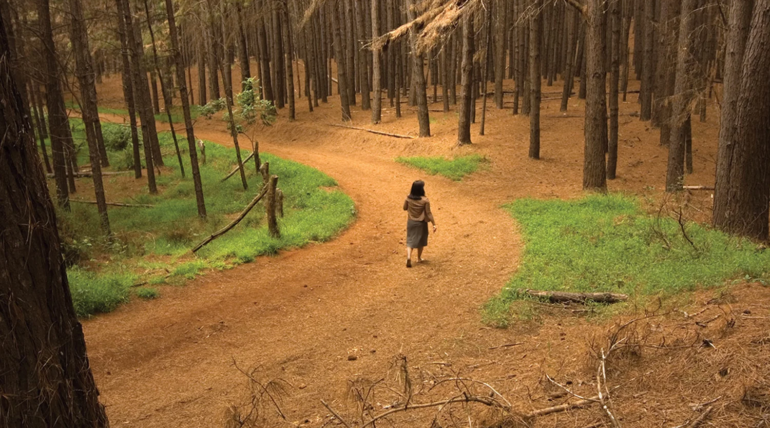24th SUNDAY A
The Gospel today is all about forgiveness. Forgiveness is not for sissies. To truly forgive is to accept the invitation, the challenge to grow. And growth is painful and requires honesty and humility. Ask any athlete. Matthew’s concern is about division in the church. His early Christian community was made up of human beings: people who were well-intentioned, generous, short-tempered, impatient – i.e. people like ourselves. People were often hurt and found it hard to forgive and forget. Peter wondered how often should one forgive another – 7 times? The old Rabbis said 3 times. Jesus suggested 77 times. The point is not the number of times a person should forgive a slight, insult, injury or injustice, but what are the Christian dynamics of forgiveness?
We live in a world where people who have been hard done by feel they have a right to get even. Our world marches to the drumbeat of reward and punishment, where wrongdoing is punished, good deeds rewarded, and justice is done. That way of life ensures the common good. Many Christians feel comfortable with it because they assume, like the ancient Jews, God’s will is being accomplished; an eye for an eye and a tooth for a tooth etc. Jesus points to something more when he teaches about offering no resistance to the wicked and turning the other cheek – Matt 5: 38. His mission is to call people to “repentance” – to a primal change of life and awareness that we are lived in and possessed by Christ. “I live now not with my own life but with the life of Christ who lives in me” – Galatians 2: 20.
We need to develop a way of looking at life that moves away from punishment to reconciliation. Vincent Travers OP writes in his recent book, Best of Life: “We need to discover a philosophy that moves from punishment to reconciliation, from vengeance against offenders to healing for victims, from alienation to integration, from negativity and destructiveness to healing and forgiveness. Retributive justice asks, How do we punish the offender? Restorative justice asks, How do we restore the well-being of the victim, the community and the offender?” Another writer, Richard Holloway, says: “The experience of forgiveness leads us to a radical understanding of grace. We are saved not by getting it right, but by the love that redeems us while we are getting it wrong.” Our ability to forgive is based on our experience and reception of God’s forgiveness of ourselves and our wrongdoing.
Elsa Joseph was a Jewish woman who was cut off from her two daughters during World War II. Years later she discovered they had been gassed at Auschwitz. A former concert violinist, Elsa’s response to this tragic news was to pick up her violin and go and play it in Germany. And there in the hills of her children’s murderers, she played her violin and told her story that cried out to heaven for vengeance. But she did not seek vengeance. She spoke of the world’s deep need for reconciliation and forgiveness, without which she was tearing herself apart. “If I, as a Jewish mother, can forgive what happened,” she said to audiences not only in Germany and Northern Ireland but in Lebanon and in Israel, “then why can you not sink your differences and be reconciled to one another?” William Bausch, WORLD OF STORIES, 178.
Fr. QQ – 09/13/2023



